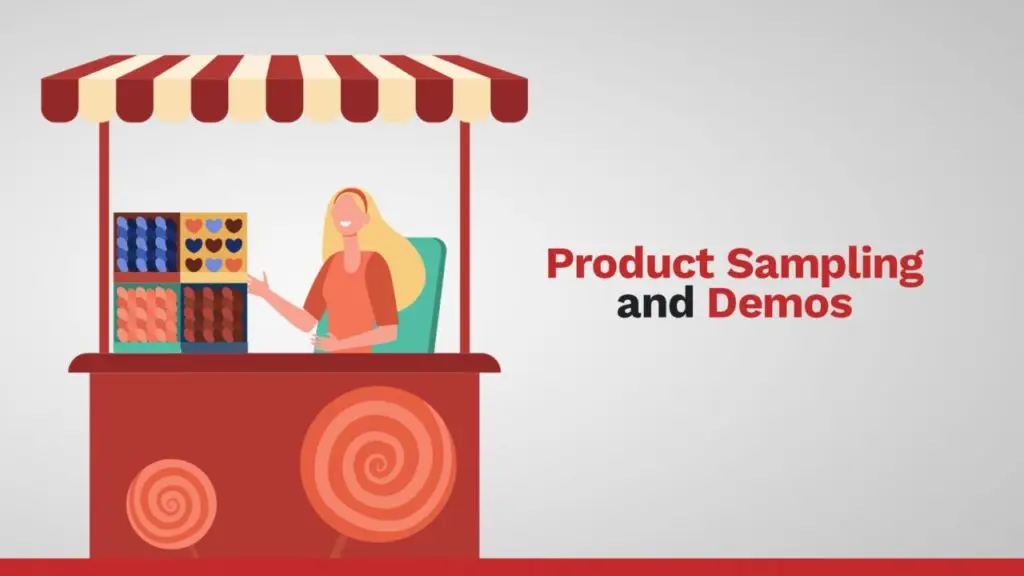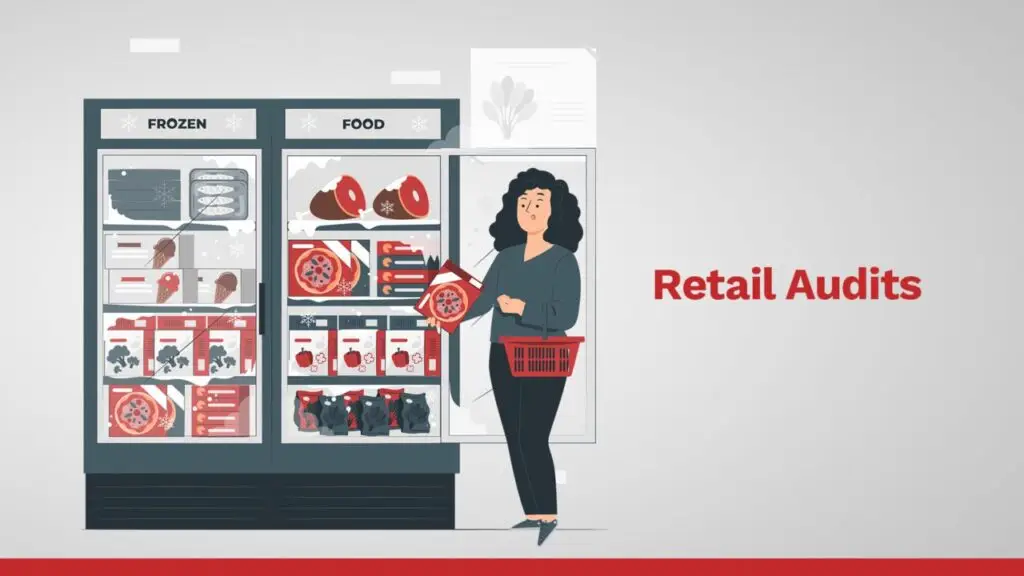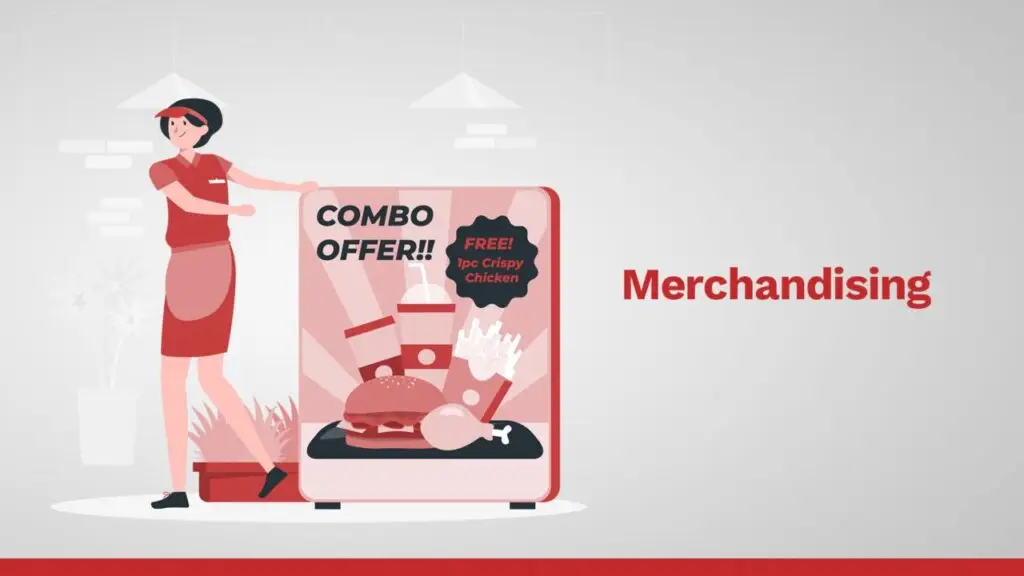Today, when thinking of marketing, most businesses immediately think of Instagram posts by popular influencers or Youtube banner advertising. Digital marketing is everywhere. There are, however, many different kinds of successful marketing strategies, and one particularly useful to make your brand memorable, reach the right target audience, and win brand loyalty, is field marketing.
Field Marketing: What It Is and Why It Matters
Field marketing is a type of marketing that helps brands get their products and services in front of their target audience “out in the field.” Marketing takes brands out of the digital world and into the physical world, whether at events, offices, university campuses, retail locations, or public places.
The benefits of field marketing are multifold.
Through field marketing, brands target customers more accurately, generate interest in their products, build brand awareness, improve personalization, interact with their target audience and collect customer testimonials, create relationships, create customized content experiences, improve brand positioning, change brand perception, address cynicism towards the brand, widen their marketing funnel, and inch closer towards achieving business objectives such as better lead generation, direct sales, sales at targeted locations, and revenue targets.
This article walks you through the essentials of field marketing and provides suggestions for your brand can make the most of this age-old, effective marketing strategy.
For Maximum Impact, Supplement Traditional Marketing with Field Marketing
Field marketing is not meant to be a standalone marketing plan. In general, businesses expect their marketing to bring their brand and their current and target customer base closer together. This is meant to be accomplished through several activities that holistically aim to accomplish insights through market research, initial product branding, brand awareness, promotions, and, eventually, sales.
The best marketing-driven lead generation efforts require brands to combine field marketing strategies with traditional marketing. Some examples could be as follows.
- A snack food company may not be seeing the sales cycle results they expect, despite new signages at a selected retail location, say a major grocery store. It could send its field marketing teams to conduct an audit. The teams may learn, for instance, that the brand needs to adjust its displays at the store, refine brand perception, or narrow down on its target audience. Fixing obvious errors observed from field marketing insights may result in the brand re-gaining visibility and achieve better sales.
- As another example, consider a beverage company that decides to supplement its brand awareness-focused virtual event and marketing collateral with field-marketing-based strategies, such as pop-up stores at shopping malls. The company is likely to attract shoppers who will stop to try the drink, appreciate the free samples, engage with the field marketer or salesman, and remember the brand the next time they buy their beverages.
Types of Field Marketing Campaigns
Broadly speaking, field marketing activities could encompass anything that involves direct contact with potential customers. It’s not just about handing out samples or flyers to help out sales teams; field marketing efforts could involve experiential marketing, a field marketing campaign, in-person events such as pop-ups, billboard ads, or more.
Here are some ideas for your field marketing strategy:
Product Sampling and Demos

The most common form of the field marketing activity you’re likely to be familiar with is product demos. These could be held in-store, as pop-ups, or at stalls at trade or community events.
In most cases, especially for food and beverage brands, these sample giveaways are intended to help brands get an entry point, build a relationship with prospective buyers, build awareness, get feedback, and generate leads.
Product demonstrations also include experiential marketing endeavors and demonstrations that give customers a hands-on experience of trying out a product (such as a make-over by a beauty brand or a test drive of a car).
Direct Selling

In some cases, sales promotions are combined with product try-outs or free samples; sales teams try to sell to customers at the point of interaction that has already been established. Other forms of field marketing focused on increasing direct sales include pop-up shops, shopping malls, or stalls at in-person events.
Retail Audits

Field marketing isn’t just about direct sales to customers; in some cases, a field marketing team could be engaged to perform a retail audit to analyze what’s working from the brand’s traditional marketing and what isn’t.
As part of field marketing, retail audits help companies collect important data that gives them valuable insights to improve marketing and sales at a more holistic level.
Guerrilla Marketing
For brands that want to get very creative, guerrilla marketing involves field marketing campaigns that are unpredictable and surprising, catching consumers in ways they don’t expect. This form of field marketing is all about imagination.
Street Promotions and Roadshows
Similar to product demonstrations, street promotions are about creating a buzz. Brands can send in field marketers to hand out vouchers or coupons for access to a brand event. Some brands even choose to drive a truck displaying the branding or marketing campaign along a high-traffic street (you may remember this from Bud Light or FedEx marketing campaigns).
Conferences and VIP Dinners

In some cases, brands host events such as conferences or dinners for ‘VIP’ customers through one-on-one or group experiences. This approach works well for luxury products or service brands, such as the launch of a new hotel, or high-end fashion line, because it makes prospective customers feel exclusive. Some brands even host ‘fireside chats’ or ’roundtables,’ using the same ideology.
Merchandising

Lastly, yet another form of field marketing is merchandising. This involves strategically positioning marketing materials, such as posters, to improve brand positioning.
Embracing Field Marketing at your Organisation
Whether you’re a multinational corporation with a full-fledged field marketing team or a start-up with your employees’ multi-tasking, executing creative and impactful field marketing activities might be easier than you think.
You could appoint one representative or Field Marketing Manager to lead the firm’s efforts. They would be in charge of improving brand awareness on-site, creating more opportunities for face-to-face consumer interaction, representing the brand at more touch-points, liaising between various teams and customers, and gathering valuable insights on the products and services from the consumers.
Alternatively, you could appoint a Brand Ambassador to promote or endorse your brand, service, or product. This could be a popular celebrity for mass impact or a few micro-influencers to reach a more niche target audience.
Lastly, you could work with Street Team representatives, who would be your brand’s vocal champions at events or through their promotions. You could ask your ‘street team’ to help with guerrilla marketing campaigns, roadshows, and pop-up shops, where they would be handing out fliers, free samples, stickers, or coupons to the crowds.
There are a lot of field marketing ideas for you to choose from and several innovative methods in which you can execute them. Just remember that field marketing ties into your larger marketing and sales goals and aligns with your organization’s values, and you should be good to go!
